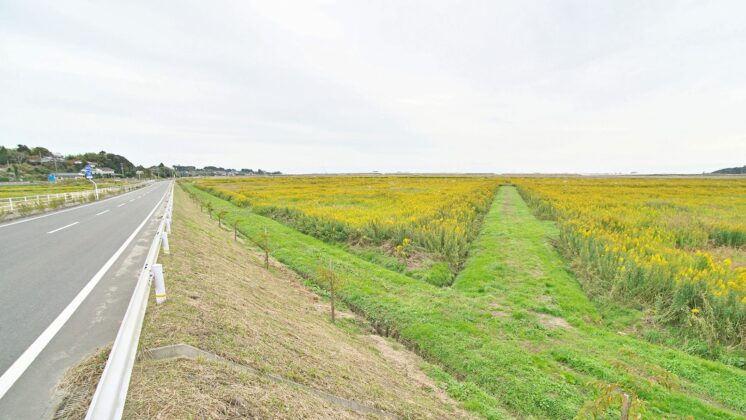In 2011, a tsunami devastated the region of Tohoku, Japan. Triggered by an earthquake measuring 9 on the Richter scale, it resulted in almost 16,000 lives lost. Countless others were directly or indirectly affected.
Two years later, in Miyagi Prefecture alone signs of lasting destruction vary widely. Along the coast, places like Onagawa lost most of their industrial footing and residences. In Matsushima, the buildings were largely untouched, but livelihoods still vanished. From a business standpoint, there seems to be little value left…or is there?
Matsushima
Around Matsushima Bay, the buildings are all intact. Shops remain closed, however, and toll booths to the islands (tourist attractions) are shuttered, their gates left open. The central park by the seaside is almost abandoned, with only the occasional dog walker or small group of friends passing through.
Entire towns were flattened or washed away in 2011, but this ghost town once filled with tourists and locals is a keen reflection of the actual damage the tsunami brought.
While the physical structures at Matsushima survived, the very foundation of the local economy was swept away. The people left behind here suddenly found themselves having to adapt quickly, or else be left to simply pray that Japan Rail re-establishes regular train services to bring back the tourists.
El Faro, Onagawa

On the coast, Onagawa was left in ruins. Recovery is still stuck at clearing away the rubble.
Before the Hotel El Faro was established, workers had to travel hours by bus to reach Onagawa. Ms. Sasaki and Mr. Komatsu aimed to change that. They obtained permits and set up operations for lodging, but also built relationships with local businesses. It was a true lesson in how, in Japan in particular, many companies focus on not only providing for their employees, but on helping the community. The hotel’s designs and components may seem mismatched, even garish for some, but they are a reflection of how small businesses can come together for a greater goal.
Reflection
Over the week that I spent in various parts of the Tohoku region, I saw the faces of countless of people still living through a nightmare. Behind their weariness is a steeled sense of determination to create a better society for the coming generations.
One of the most important tools for anyone in business is awareness, being able to see things on a global scale and appreciate the world’s harsh nuances. Visiting a place like Tohoku serves as a humbling reminder that the world is big, that it stretches far beyond us, and that it will keep moving even if we don’t.




